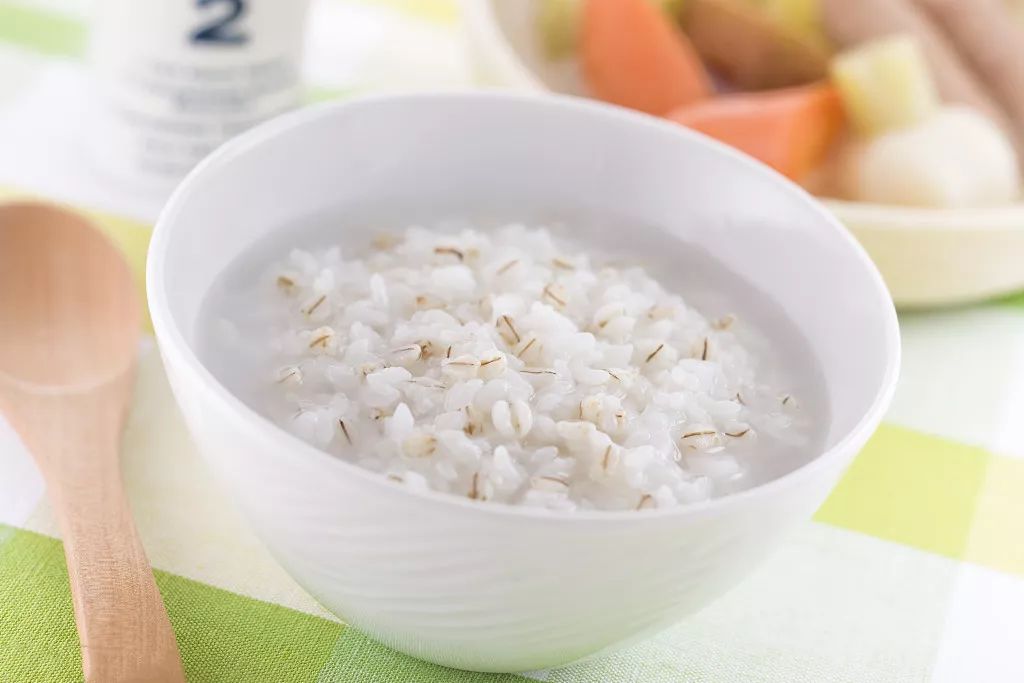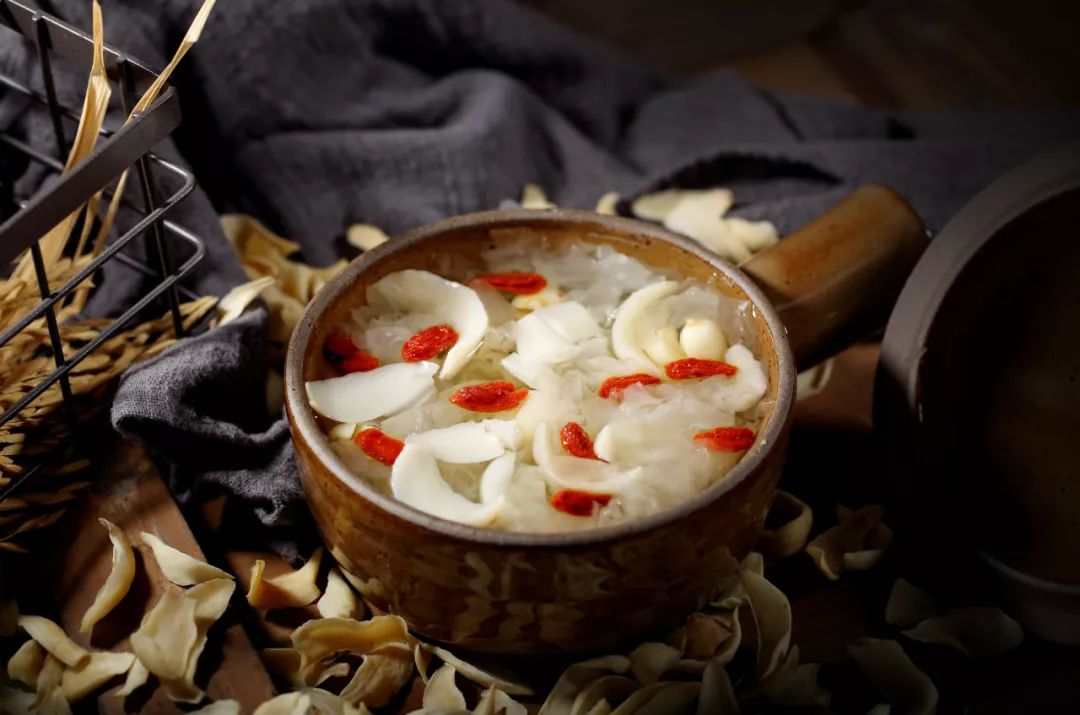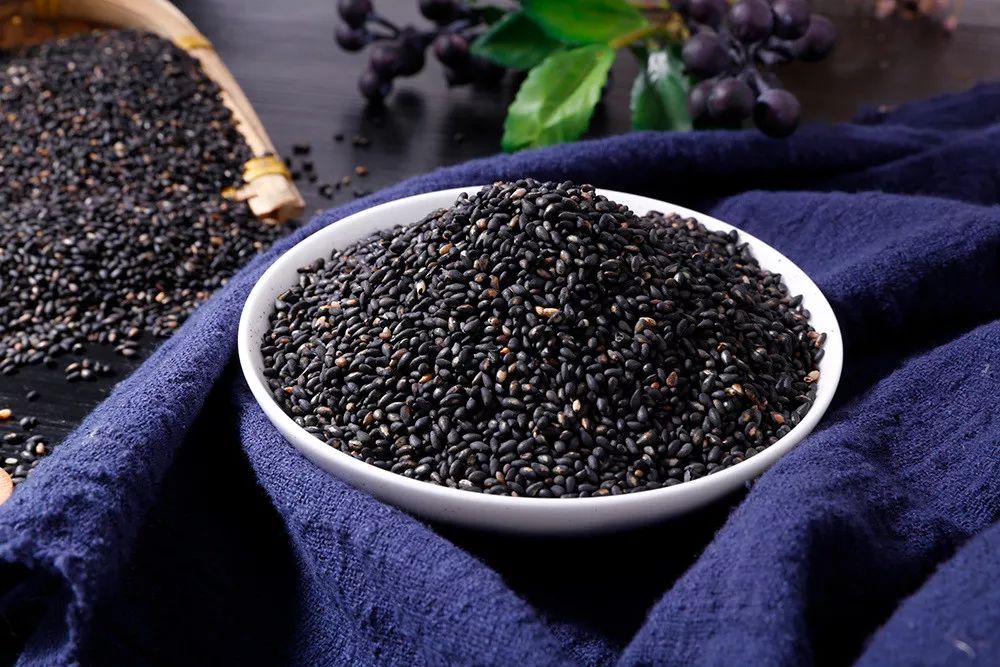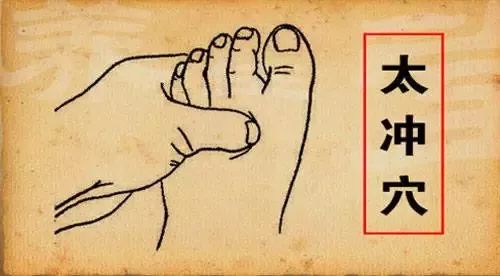Symptoms of Yin Deficiency with Excess Heat

1. Body Emaciation
Individuals with Yin deficiency have excess stomach heat, can eat and drink well, but have a fast metabolism, leading to weight loss despite high food intake. They appear lean with relaxed muscles.
2. Irritability and Insomnia
Yin deficiency causes internal heat to attack the heart, often resulting in feelings of chest discomfort, emotional instability, difficulty concentrating, and susceptibility to insomnia with frequent awakenings at night.

3. Dull Skin
Individuals with Yin deficiency have skin that lacks moisture, appears dry and dull, with a poor complexion. They are also prone to heat symptoms, often developing mouth ulcers, with a red tongue and frequent constipation.
4. Dizziness and Fatigue
With insufficient body fluids, nutrients are poorly absorbed, and the excess heat consumes energy, leading to weakness, dizziness, and easy fatigue.

5. Hot Hands and Feet
Individuals with Yin deficiency have excess internal heat, leading to “five hearts heat” where body temperature is normal, but the palms and soles feel hot, even in winter.
6. Other Symptoms
Afternoon heat sensations, or night sweats, with a desire to avoid clothing, hot palms and soles, or bone steaming heat, irritability, insomnia, vivid dreams, flushed cheeks, night sweats, dry mouth and throat, hard stools, scant yellow urine, a dry red tongue or one with cracks, little or no coating, and a thin rapid pulse. This may be accompanied by recurrent mouth ulcers, pain, dizziness, lower back soreness, and fatigue.
Dietary Recommendations for Yin Deficiency with Excess Heat

Yin deficiency with excess heat is a diagnosis in Traditional Chinese Medicine (TCM), primarily treated with TCM methods. It is recommended to nourish Yin and clear heat. Additionally, adjusting one’s mindset to maintain emotional stability is important. Symptoms may worsen in dry, hot summers. The following dietary therapies are recommended to nourish Yin and regulate the spleen and stomach:
1. Asparagus Soup
60 grams of Asparagus (Tiān Mén Dōng), 100 grams of rice. Boil the Asparagus to extract the juice, strain, and add to the rice to cook porridge for breakfast.

2. Rehmannia Porridge
150 ml of fresh Rehmannia (Shēng Dì Huáng) juice (or concentrated decoction), 100 grams of rice. Cook the rice into porridge, then add the Rehmannia juice and mix well before consuming.

3. Lily Porridge
50 grams of fresh Lily (Bǎi Hé), 100 grams of rice, appropriate amount of rock sugar. First, cook the rice into porridge, then add the Lily when nearly done, cook until soft, and sweeten with rock sugar. If fresh Lily is unavailable, 30 grams of dried Lily powder can be used instead.
What Foods Are Good for Yin Deficiency?

Individuals with Yin deficiency should consume more cooling and nourishing foods, such as sesame, glutinous rice, honey, dairy products, sugarcane, vegetables, fruits, tofu, and light fish dishes. They can also enjoy porridge made from Codonopsis (Shā Shēn), Lily (Bǎi Hé), Goji Berries (Gǒu Qǐ), Mulberries (Sāng Shèn), and Chinese Yam (Shān Yào).
Additionally, foods like bird’s nest, white fungus, sea cucumber, mussels, crab meat, Cordyceps (Dōng Chóng Xià Cǎo), and old male duck are beneficial. It is advisable to limit spicy and hot foods such as scallions, ginger, garlic, leeks, chives, and peppers.
Massage Therapy for Yin Deficiency

Insomnia is a major contributor to the vicious cycle of Yin deficiency symptoms. Poor sleep can lead to increased heat, and long-term sleep deprivation is a significant factor in damaging Yin. Therefore, addressing sleep issues is crucial. How can one regulate this? By massaging the Tai Chong (太冲) point.
The Tai Chong point is located at the highest point on the foot, in the depression between the first and second toes. Spend 10 minutes each night before bed massaging this point until a noticeable sensation of soreness, numbness, swelling, or pain is felt. Those who are usually irritable or have excessive heat, as well as those who tend to bottle up their emotions, will find that regular massage of the Tai Chong point can help improve their mood and alleviate insomnia symptoms.
✎ Copyright Notice: The article originates from the TCM Technical Hall, and all rights belong to the original author. If there is any infringement, please contact us for prompt removal.

